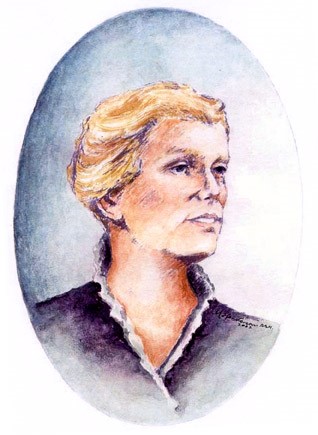Thursday August 28 Denise Levertov “Uncertain Oneiomancy”
This Denise Levertov poem stretches me. It’s a challenge to stay with her metaphors, follow each turn without being too distracted by what she, the poet, is up to. At this stage, my 5th or 6th reading over a couple years, I think she writes a parable for teachers beginning a Semester, aware of the burdens students bring with them before they get into the course’s rhythm of work and challenge and discovery and, sometimes, the exultation of discovery. Teachers can fret about all that students might miss if we teachers can’t open worlds to their imaginations.
Lots of teachers I know, myself too in the years I taught regularly, come to trust the pace of teacher-student work and the rhythms of learning. It’s a challenge to trust our abilities as guides in perilous journeys and at the same time trust the power and depth of the students we try to mentor.
The work week is nearly over. Have a blest day.
john sj
Today’s Post
Uncertain Oneiromancy
I spent the entire night leading a blind man
through an immense museum
so that (by internal bridges, or tunnels?
somehow!) he could avoid the streets,
the most dangerous avenues, all the swift
chaotic traffic . . . I persuaded him
to allow my guidance, through to the other
distant doors, though once inside, labyrinthine corridors,
steps, jutting chests and chairs and stone arches
bewildered him as I named them at each swerve,
and were hard for me to manoeuver him
around and between. As he could perceive nothing,
I too saw only the obstacles, the objects
with sharp corners; not one painting, not one carved
credenza or limestone martyr. We did at last
emerge, however, into that part of the city
he had been headed for when I took over;
he raised his hat in farewell, and went on, uphill,
tapping his stick. I stood looking after him,
watching as the street enfolded him, wondering
if he would make it, and after I woke, wondering still
what in me he was, and who
the I was that took the long short-cut with him
through room after room of beauty his blindness
hid from me as if it had never been.
Denise Levertov Sands of the Well
Oneiromancy (from the Greek Oneiros) is a form of divination based upon dreams; it is a system of dream interpretation that uses dreams to predict the future. Derived from the Greek words oneiros which means dream and the Greek word manteia that means prophecy. {Wikipedia}
Denise Levertov (1923-1997)
“The crystalline and luminous poetry of her last years stands as final witness to a lifetime of searching for the mystery embedded in life itself. Through all the vagaries of life and art, her response was that of a “primary wonder.” in Denise Levertov: A Poet’s Life, Dana Green (Dean Emerita Oxford College Emory University) U Illinois Press 2012








